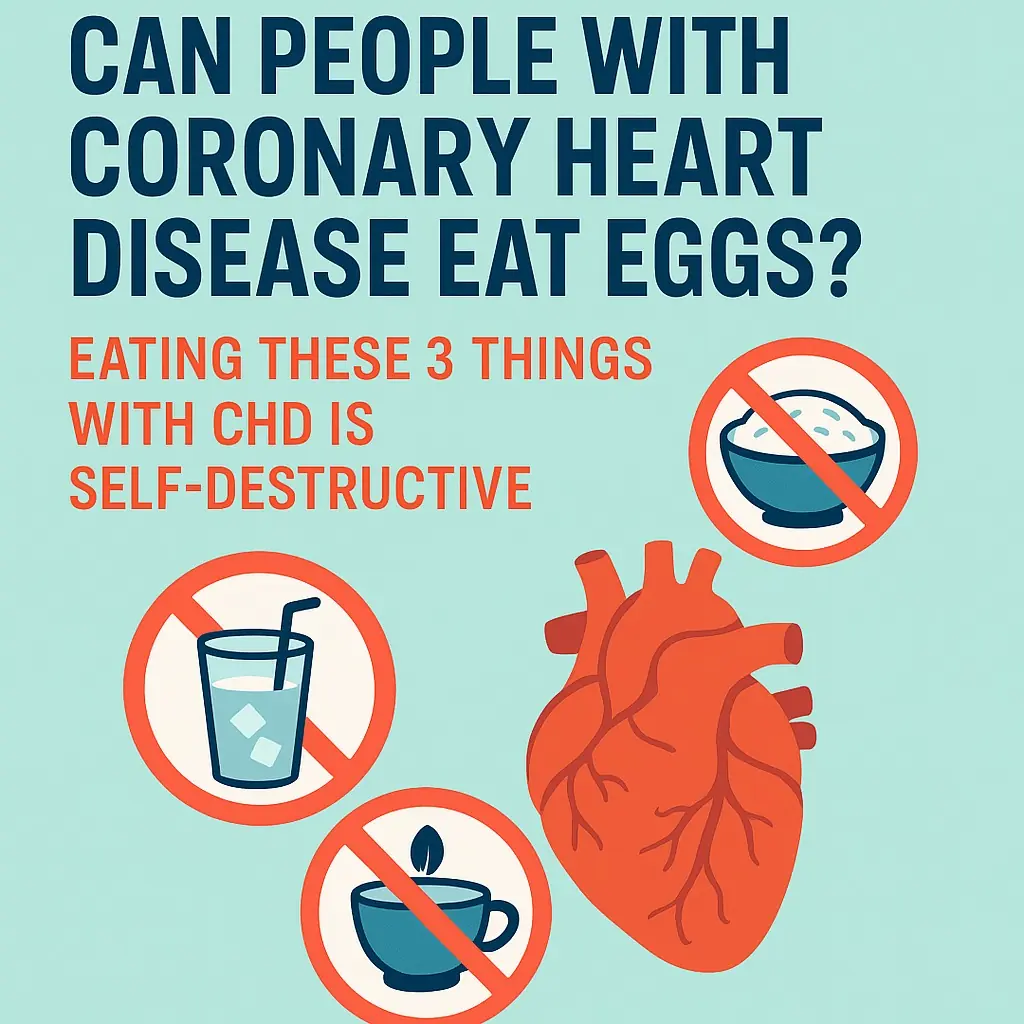
Think Twice Before Dyeing Gray Hair: Eat These 4 Foods Regularly to Potentially Reduce Premature Graying
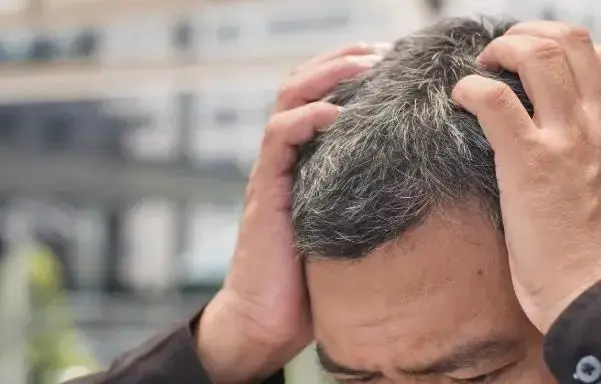
Aging is a natural and inevitable phase of life. As we grow older, our body functions gradually decline, and one of the most visible signs is the transition of our hair from shiny black to gray or white. For the elderly, graying hair is normal. However, when people in their 20s or 30s begin experiencing premature white hair, it can affect not only their appearance but also lead to feelings of premature aging or insecurity.
Many young individuals turn to hair dye as a quick fix to mask white strands, but frequent dyeing may come with unintended consequences. It's essential to understand that premature graying is often linked to poor lifestyle and dietary habits. Instead of relying solely on cosmetic solutions, you can take a more natural and sustainable approach by adjusting your diet and daily habits.
01. What Causes Premature Graying?
1. Physiological Factors
Hair color is determined by melanin, a pigment produced by specialized cells called melanocytes located in the hair follicles. As we age, the production of melanin slows down, leading to the growth of white or gray hair. This is a natural biological process and nothing to worry about.
However, in younger individuals, premature graying can often indicate an underlying imbalance or deficiency. Genetics also play a role—if your parents or grandparents turned gray early, you might be predisposed too.
2. Chronic Sleep Deprivation
Staying up late and not getting enough rest disrupts the body’s ability to repair itself. Chronic sleep deprivation contributes to hormonal imbalances, weakens immunity, and even affects the health of your hair follicles. Stress hormones increase, and blood circulation to the scalp may decline, leading to dullness, hair thinning, or early graying.
Recommendation: Aim for 7–8 hours of quality sleep each night. Create a relaxing bedtime routine, reduce screen time, and keep a consistent sleep schedule.
3. Prolonged Negative Emotions
Scientific studies have shown a strong connection between stress and hair color loss. There have even been documented cases of people developing gray hair overnight after traumatic events—though rare, this phenomenon illustrates how powerful the mind-body connection truly is.
When under prolonged stress, your body produces excess cortisol and adrenaline, which can interfere with melanin production. Over time, this leads to pigment loss in hair follicles.
Tip: Practice stress management techniques like yoga, meditation, journaling, or regular physical activity to maintain emotional and mental well-being.
02. Avoid Frequent Hair Dyeing—Eat These 4 Foods to Naturally Reduce White Hair
Instead of masking the problem, tackle it from within. These four foods can help promote melanin production, nourish the scalp, and potentially reduce white hair over time.
1. Black Rice – The Grain of Longevity
Black rice is a powerhouse of iron, zinc, and antioxidants like anthocyanins. These nutrients are crucial for promoting melanin synthesis and strengthening hair follicles. Regular consumption of black rice may help darken hair naturally and support digestion.
How to Use: Soak black rice in water for at least 30 minutes before cooking to improve texture and nutrient absorption. You can add it to porridge, soups, or mix with white rice for a nutritional upgrade.
Added Benefits: Black rice also supports liver health, improves blood circulation, and boosts energy levels—key elements in maintaining healthy hair.
2. Black Soybeans – Nature’s Hair Tonic
Black soybeans are rich in plant protein, vitamin E, and essential fatty acids that contribute to healthy hair. More importantly, they stimulate melanin production and nourish the kidneys—an organ associated with hair health in traditional Chinese medicine.
Usage: Cook black soybeans with goji berries or red dates to make a nourishing soup that supports overall vitality.
Extra Benefit: In addition to aiding hair pigmentation, black soybeans help regulate blood pressure, lower cholesterol, and stabilize blood sugar.
3. Lion’s Mane Mushroom – The Brain and Hair Booster
Also known as Hericium erinaceus, Lion’s Mane is packed with amino acids, polysaccharides, and nerve-regenerating compounds. These nutrients not only support brain health and gut function but also nourish the scalp and hair roots.
Why It Matters: Lack of amino acids can lead to weakened hair structure and pigmentation loss. Including Lion’s Mane in your diet may help reverse or slow down white hair caused by nutritional deficiencies.
Tip: Use it in stir-fries, soups, or dry it for tea. It’s especially beneficial for people with fatigue, poor memory, or digestive issues.
4. Vitamins – The Foundation of Hair Health
Vitamin deficiencies—especially vitamin B12, biotin, and vitamin D—are strongly associated with premature graying. These nutrients support melanin production and healthy cell regeneration.
How to Supplement:
-
Eat leafy greens, carrots, citrus fruits, eggs, and nuts regularly.
-
Consider a daily multivitamin if you’re on a restricted diet or have known deficiencies.
-
Spend at least 15 minutes in the sun to boost vitamin D naturally.
03. Hair Care Tips to Support Growth and Pigmentation
Making small changes in your daily hair care routine can also promote healthier, darker hair. Here are practical suggestions:
1. Choose the Right Shampoo and Conditioner
Avoid cheap products loaded with harsh chemicals. Instead, look for sulfate-free, herbal-based formulas that are gentle on your scalp. Ingredients like ginseng, polygonum, and biotin are especially beneficial.
2. Detangle Hair Before Washing
Gently comb your hair before washing to prevent breakage and ensure even distribution of shampoo. This simple step also improves scalp cleansing efficiency.
3. Massage Your Scalp While Washing
Use your fingertips to gently massage your scalp in circular motions. This boosts blood circulation, relaxes your nerves, and helps the shampoo penetrate deeper into hair follicles.
Bonus Tip: Try using warm (not hot) water, as excessive heat can strip natural oils and damage hair.
4. Avoid Blow Drying Wet Hair Immediately
After washing, pat your hair dry with a towel instead of vigorously rubbing it. Allow it to air dry partially before using a blow dryer on low heat. Using high heat on wet hair can lead to breakage and scalp irritation.
Final Thoughts
Gray hair doesn't always have to be something you accept passively—especially if it appears early in life. By improving your diet, prioritizing rest, managing stress, and giving your hair the care it deserves, you may slow down the graying process naturally.
Remember, beauty begins with health from within. Instead of covering up white strands, nourish your body with the right nutrients—and let your natural glow (and color) shine through.
News in the same category

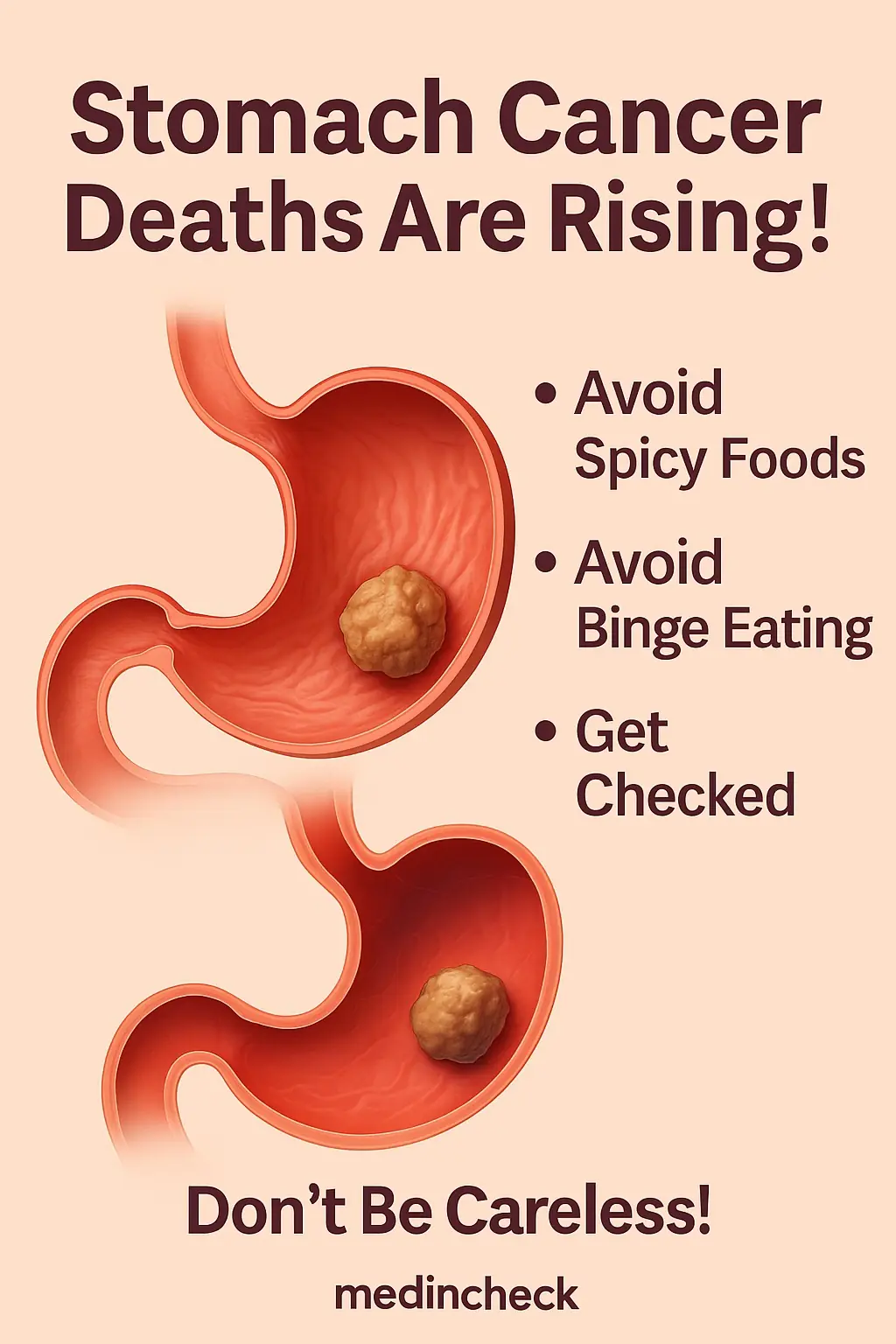
Stomach Cancer Deaths Are Rising! A Word of Advice: Avoid Spicy Foods, Avoid Binge Eating, and Get Checked — Don’t Be Careless!
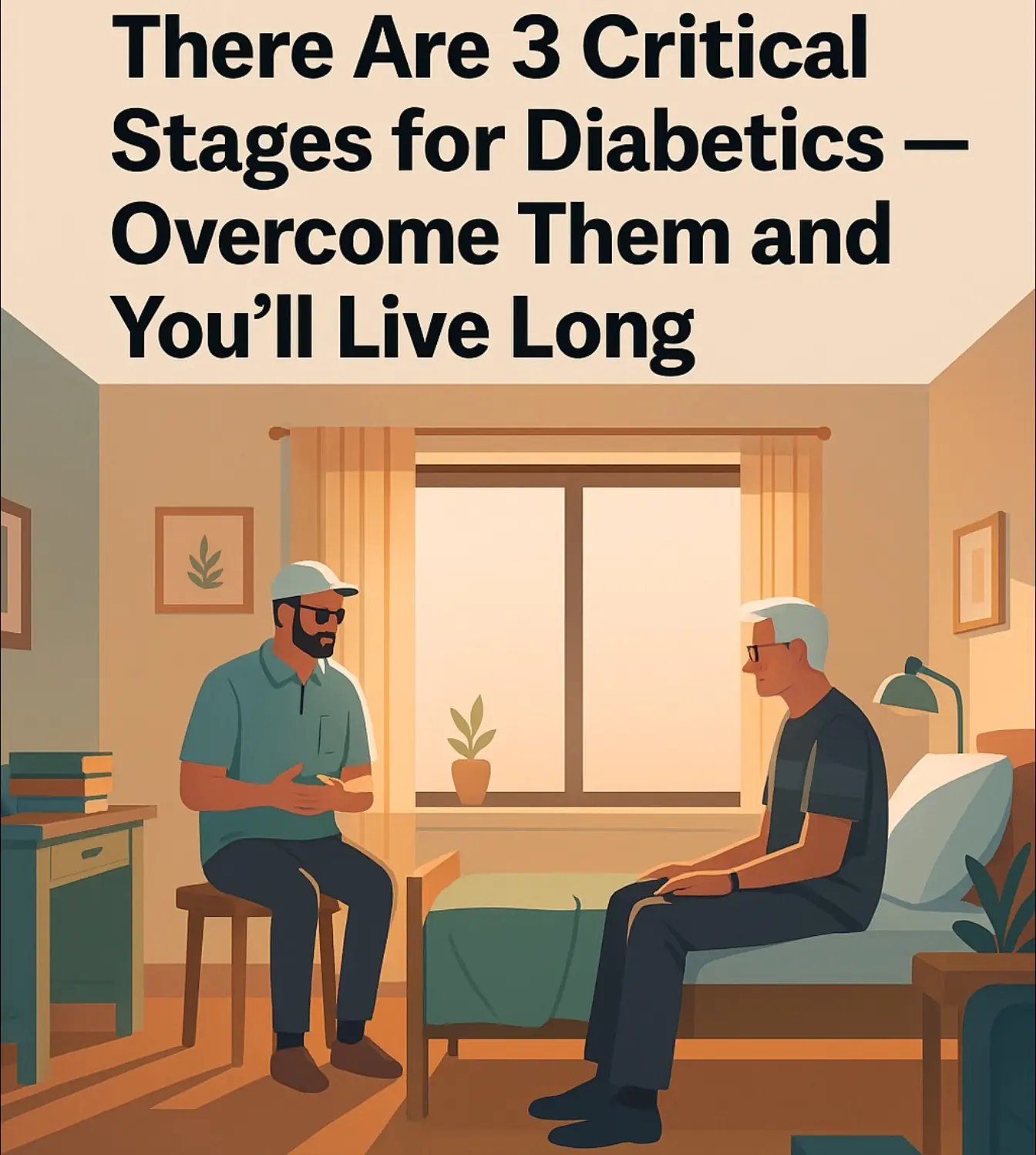
“There Are 3 Critical Stages for Diabetics—Overcome Them and You'll Live Long”: What Are These 3 Stages? Pay Attention After Age 50!
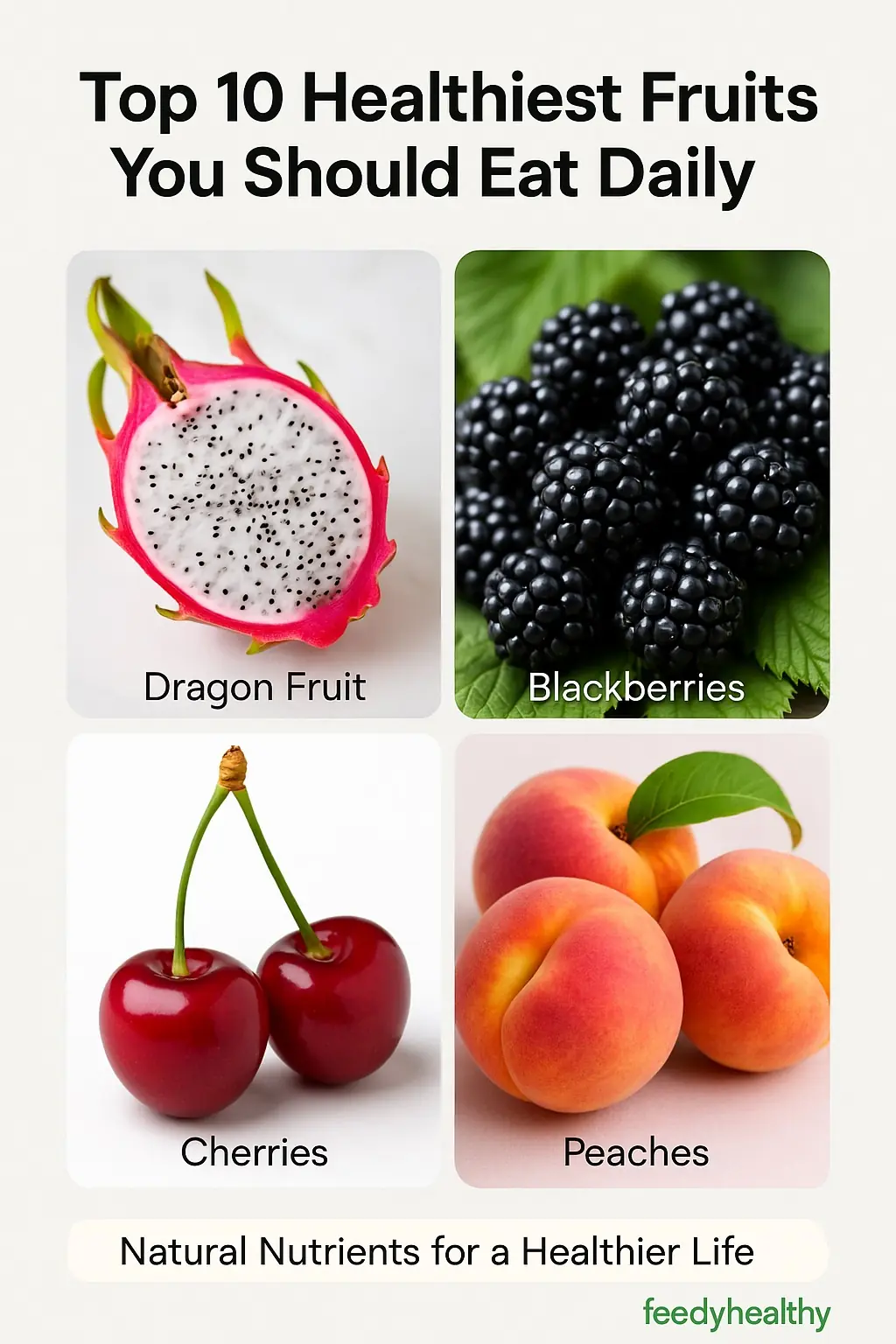
Top 10 Healthiest Fruits – Are You Choosing the Right Ones?
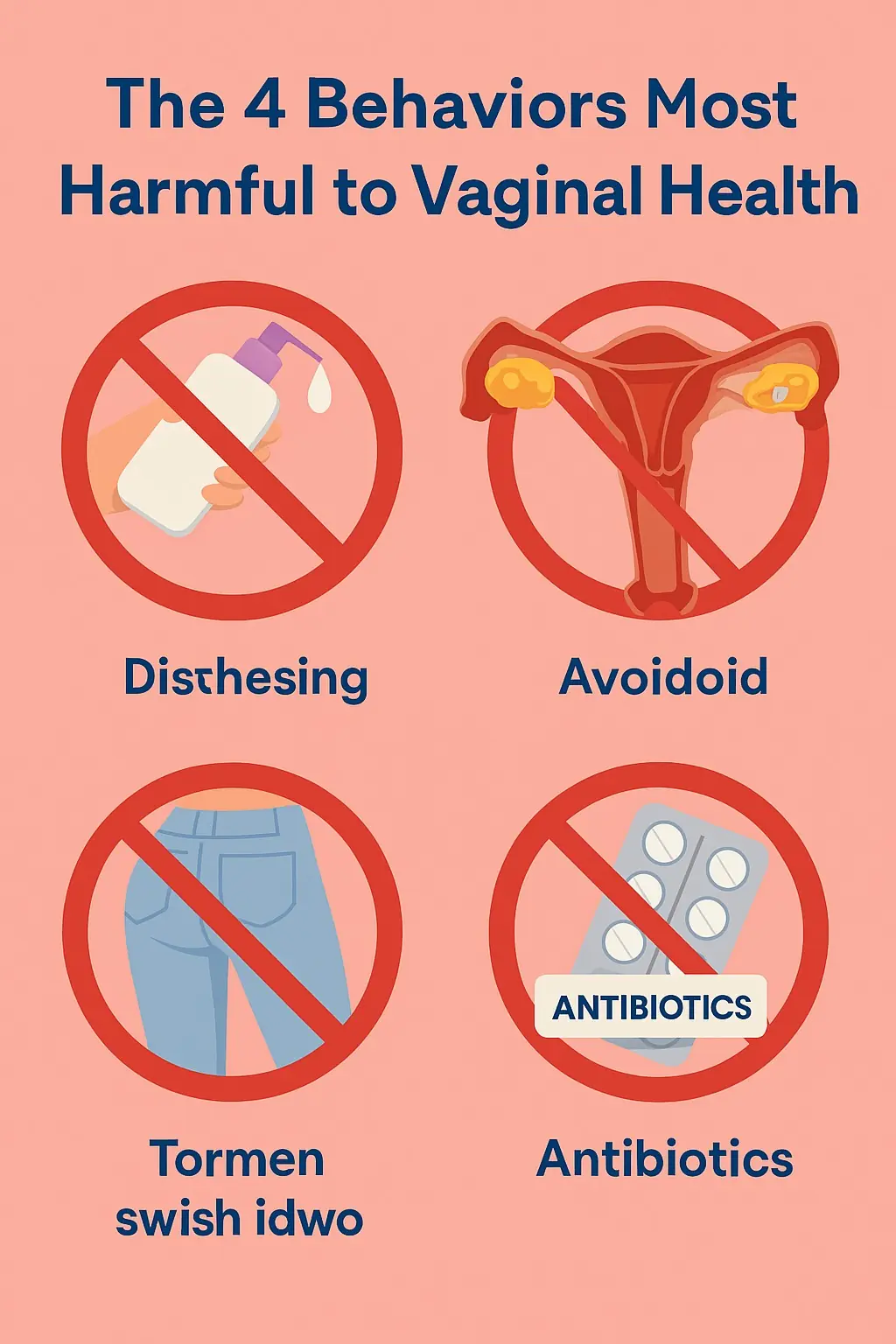
The 4 Habits That Harm Your Vagina the Most – Are You Still Doing Them Often? Stop Immediately After Reading This!
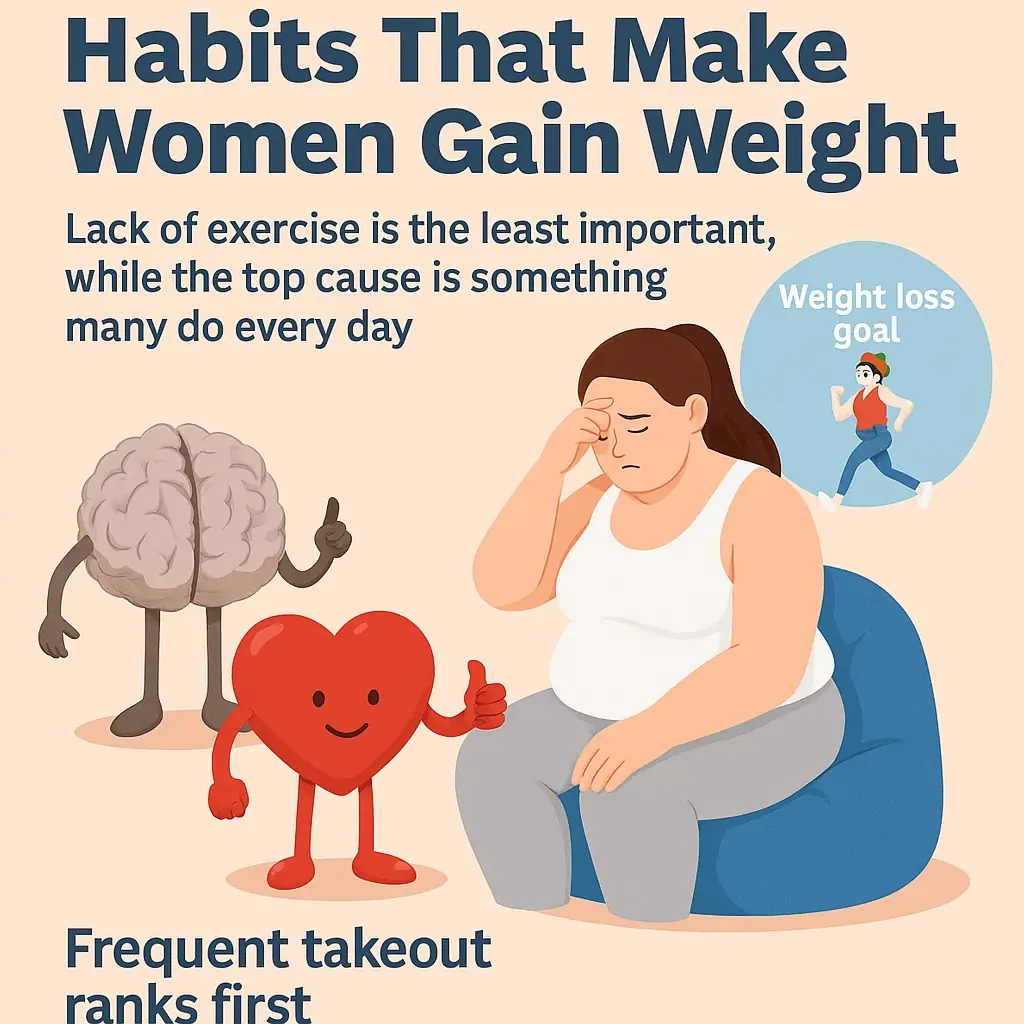
Habits That Make Women Gain Weight – Lack of Exercise Is the Least Important, While the Top Cause Is Something Many Do Every Day

Can Taking One Aspirin a Day Prevent Cardiovascular Disease? A Japanese Study Offers an Answer
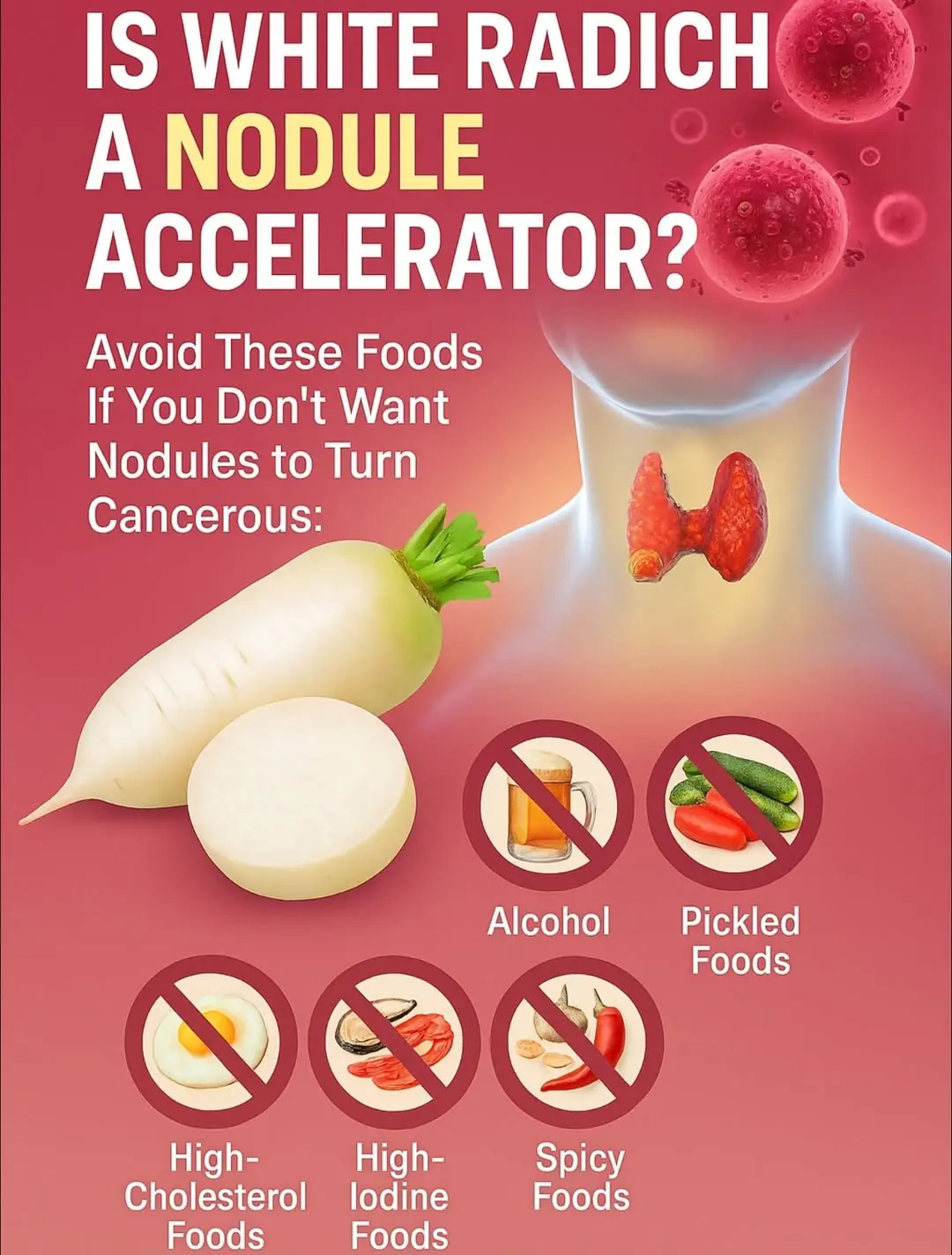
Is White Radish an “Accelerator” for Nodules? Gastroenterologist Warns: Avoid These 5 Foods If You Don’t Want Nodules to Turn Cancerous
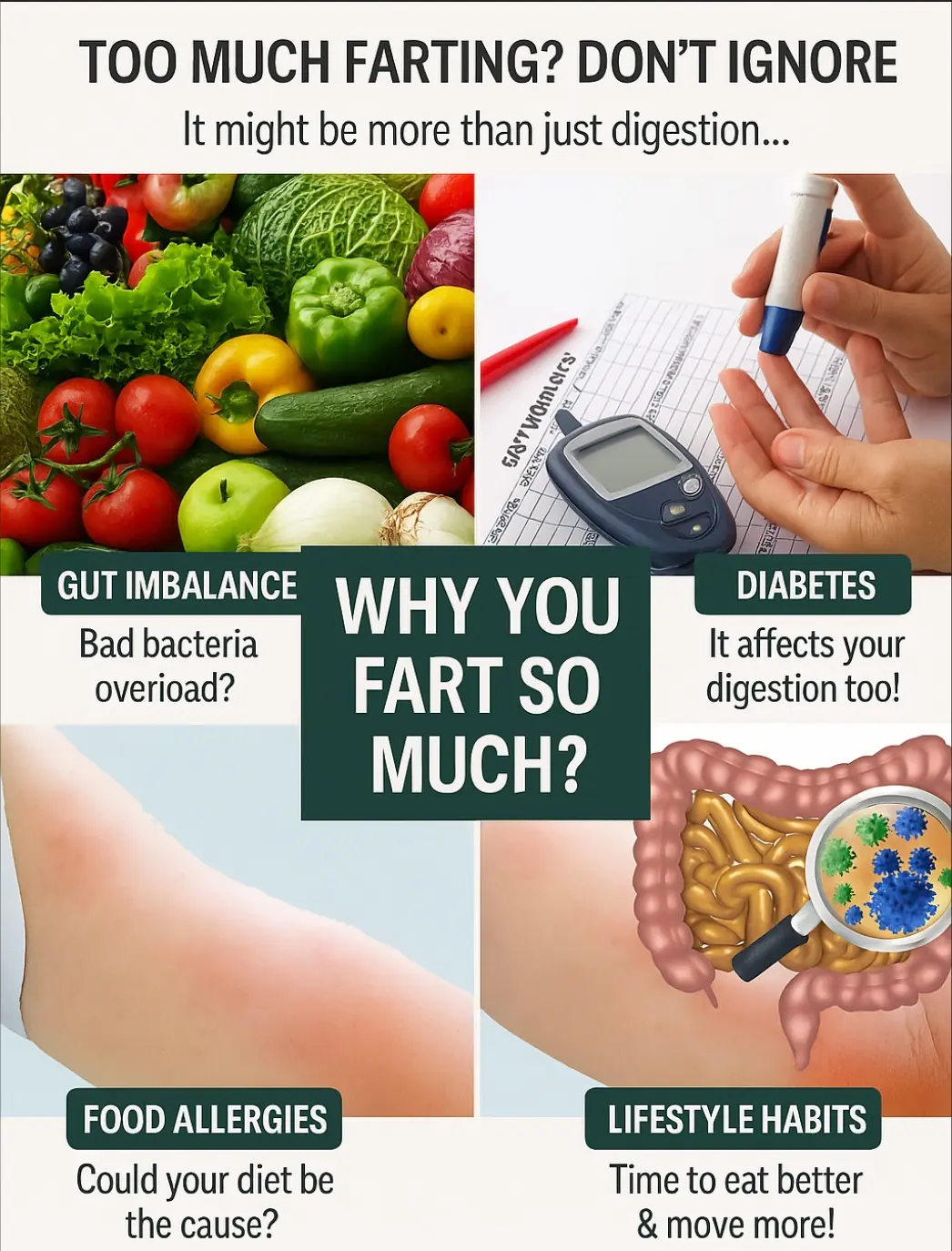
Why Are You Passing Gas So Often? 5 Health Issues That Might Be Behind It – Don’t Ignore the Signs
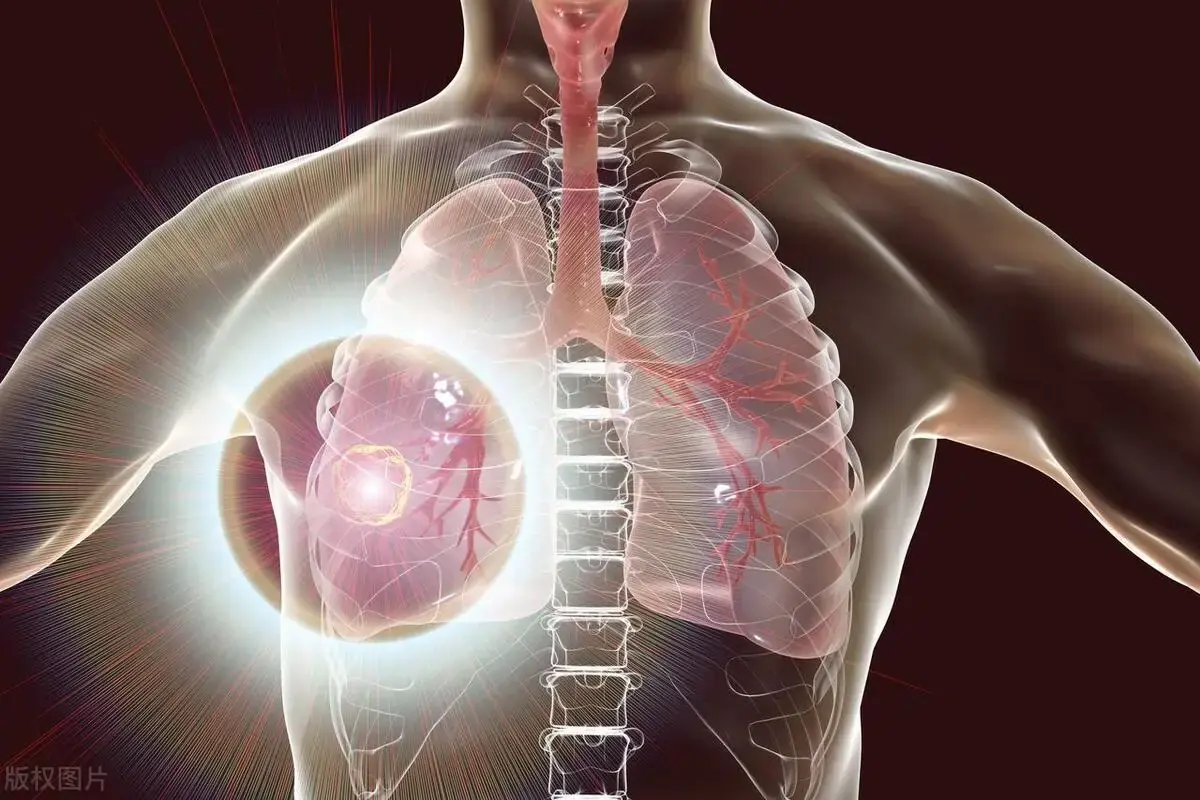
Is Lung Cancer Contagious or Hereditary? Doctors Reveal the Truth You Need to Know
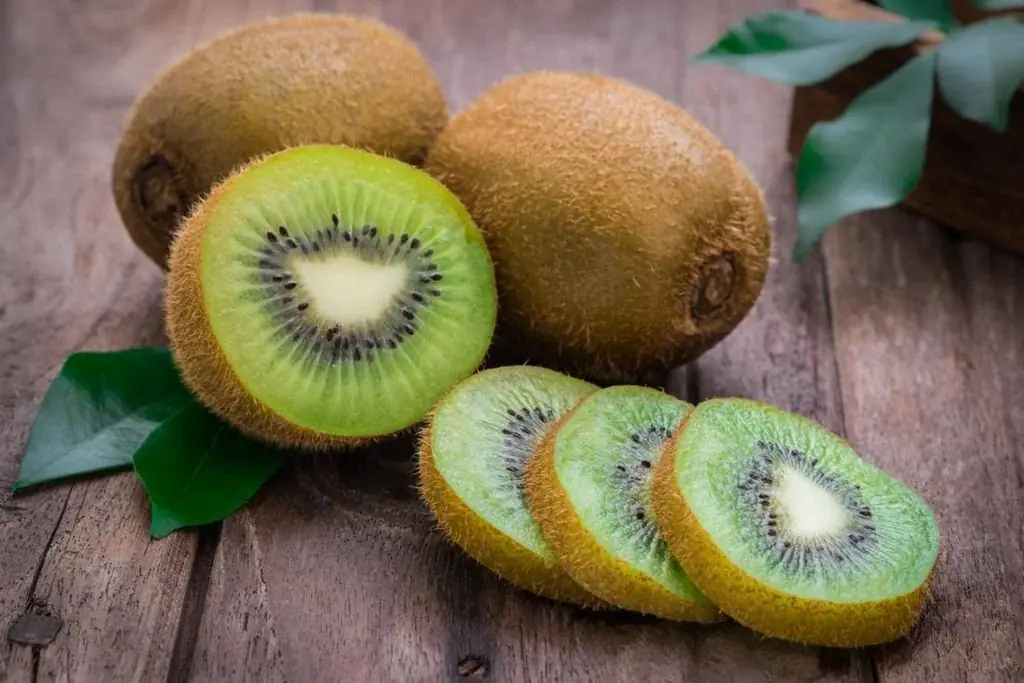
Spring Must-Haves for a Clean Bloodstream: The Natural Enemies of Blood Toxins! Keep Your Arteries Spotless and Healthy
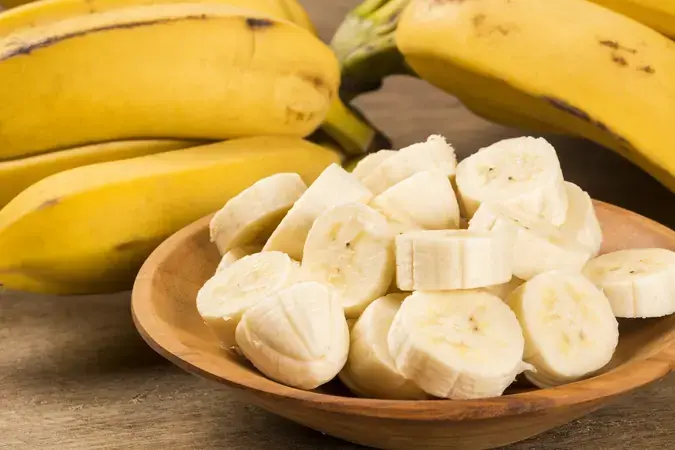
Research Reveals: Eating Bananas Regularly Can Bring These 6 Health Benefits to Seniors
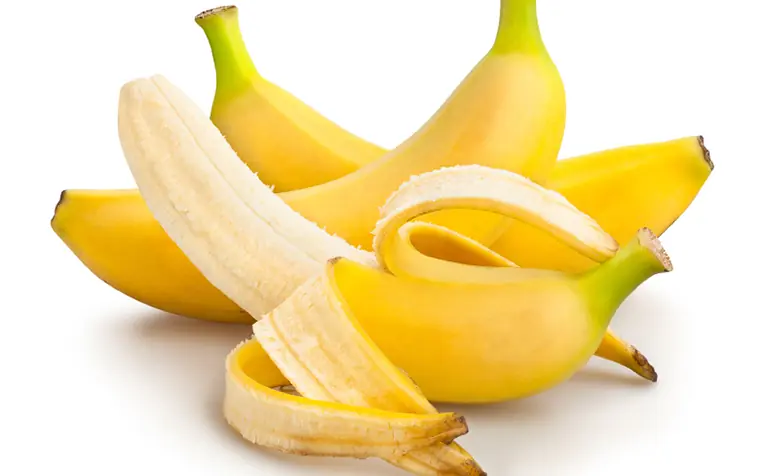
Top 5 Fruits for Health and Longevity — Banana Ranks #4, But the #1 Will Surprise You

Why Does Your Body Suddenly Jerk While Falling Asleep — Like You’re Falling? The Reason Might Surprise You
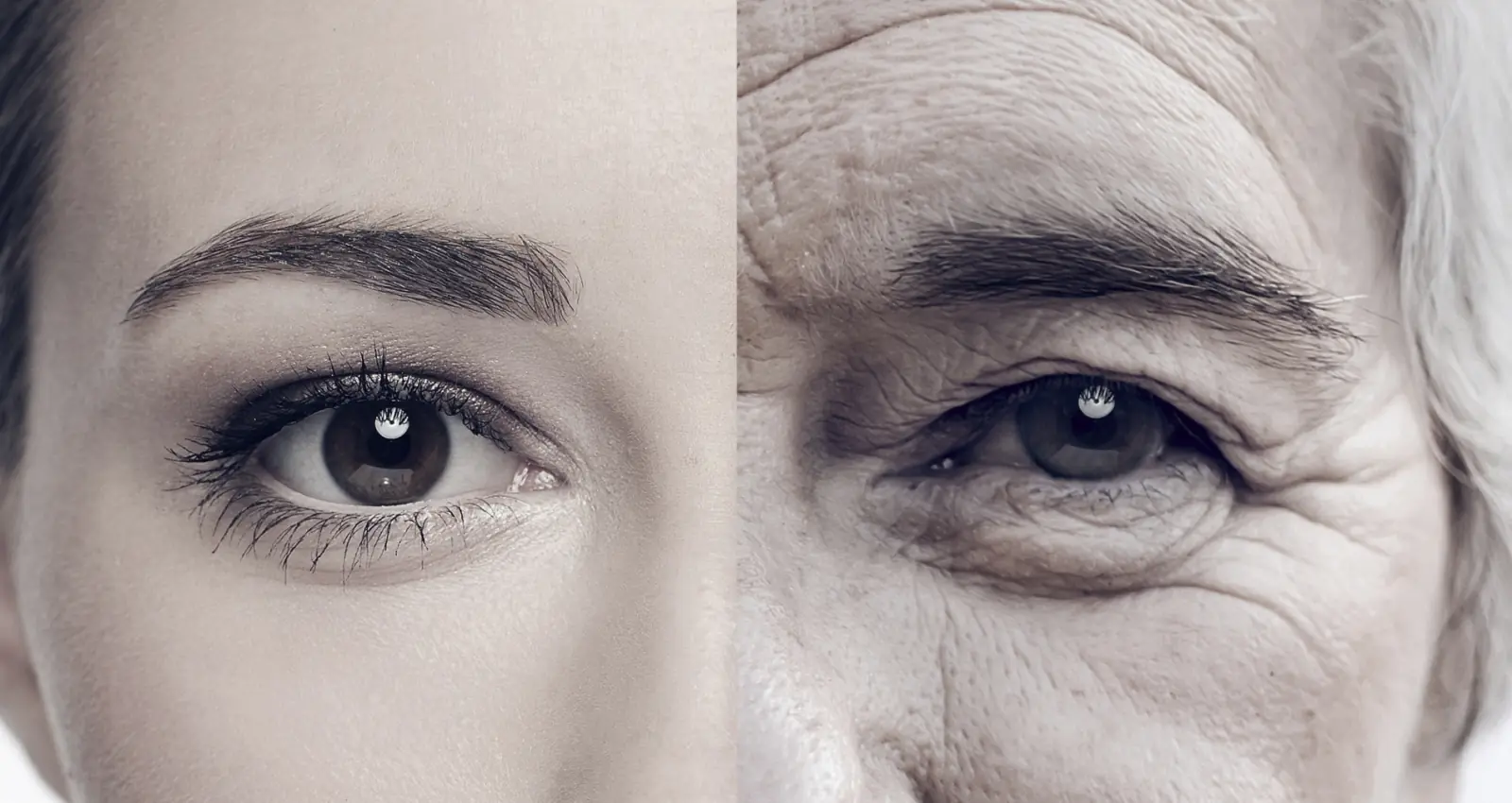
Top 10 Proven Habits to Slow Aging — Sleep Only Ranks #6! The #1 Will Surprise You
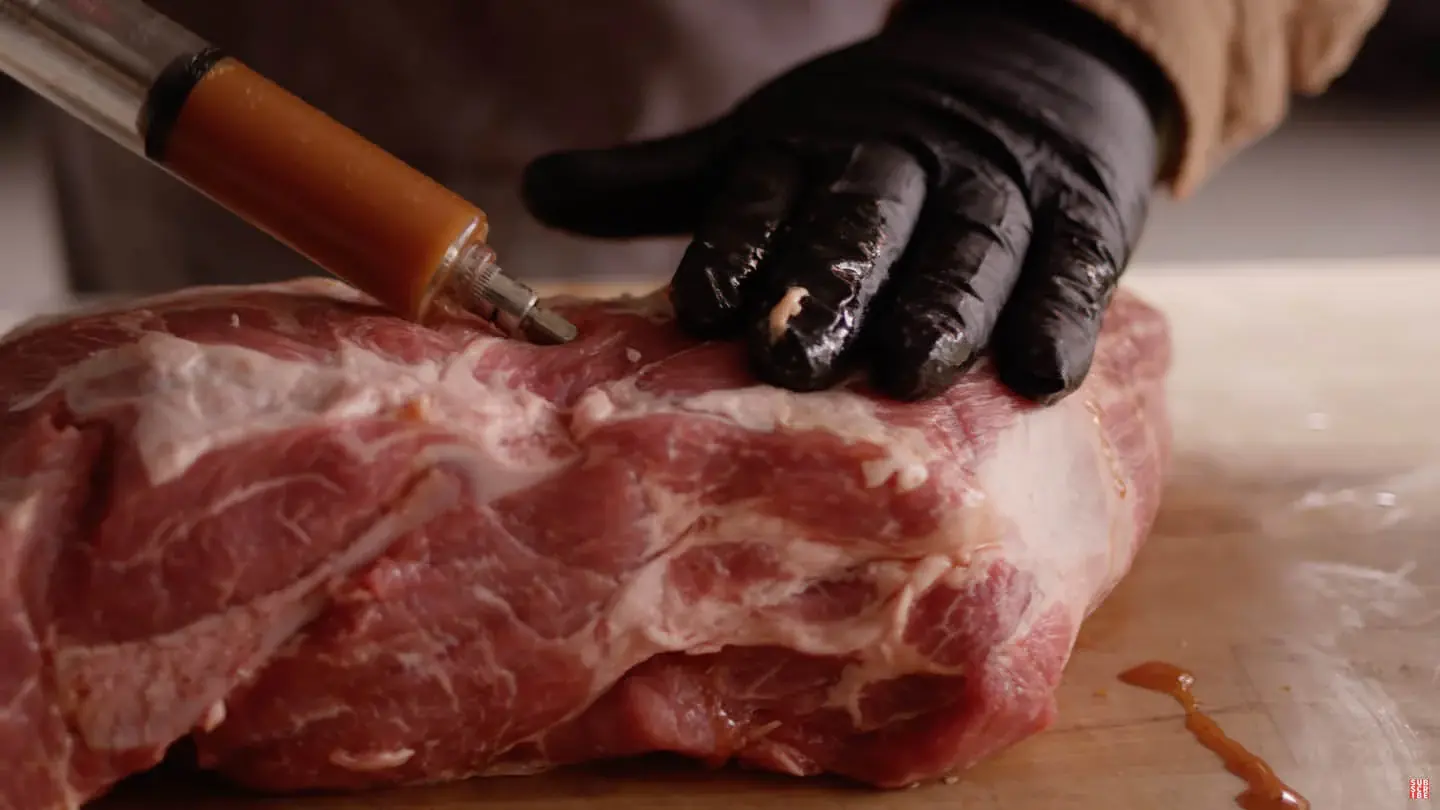
Is "Glue-Injected Meat" Becoming a Hidden Epidemic? Digestive Health Expert Warns: Avoid These 5 Types of Meat — Especially for Your Children’s Sake

If these two parts of the body are black, it means that the life span may not be long. Is it true? Listen to what the doctor says
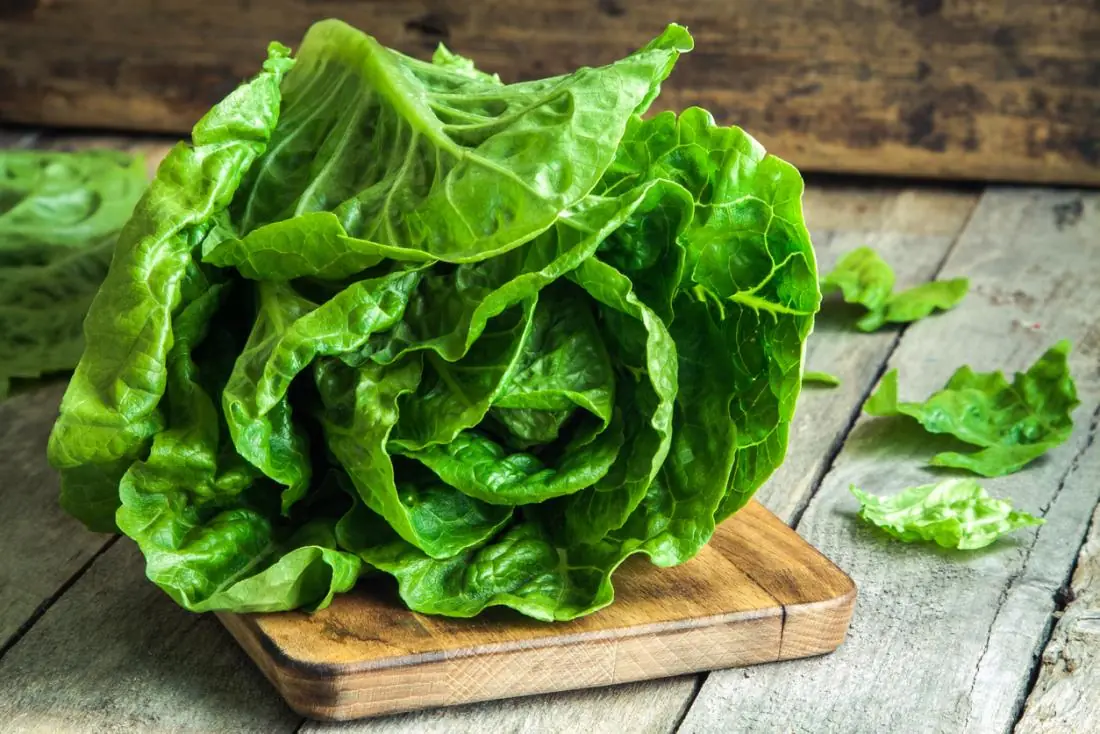
4 Superfoods for Diabetes Management—Affordable Yet Powerful
News Post

WHAT HAPPENS WHEN WE TONGUE KISS…See more

Nature’s Secret: 4 Healing Leaves That Support Metabolism, Immunity & Circulation Naturally

Don’t Drink Coconut Water Before You Know These 11 Secrets!

Pumpkin Seed Milk — The Natural Parasite Cleanser

Fast Rice Water Trick for a Brighter Smile

Morning Drink to Revive Your Kidneys Fast

The Onion Recipe That Could Transform Your Blood Sugar, Support Cleaner Arteries, and Protect Your Heart!

Top 4 Fruits That Help Your Kidneys Flush Out Toxins While You Sleep

Ginger, Clove, and Honey: The Natural Trio Your Body Will Thank You For

Heal 15 Years of Joint Pain Naturally with Turmeric and Honey Tea

This Juice Revived My Grandma’s Energy — Say Goodbye to Fatigue and Body Pain with This Natural Recipe

The Benefits of Eating 2 Boiled Eggs Every Morning: Transform Your Health!

If Your Kidneys Are in Danger, Your Body Will Send You These 8 Signals — Don’t Ignore Them

The Surprising Effects of Avocado on Your Heart and Brain

Ways to Get Over a Man Who Didn’t Value You

I’m 66 but Look 36 — My Secret? Aloe Vera & Ginger for Firm, Smooth Skin

How to Make Okra Water to Treat 17 Health Problems Naturally

Banana and Egg Mask to Look Younger Even in Your 80s

Scent Leaf Secrets Unveiled: 10 Surprising Health Benefits of This Miracle Herb
